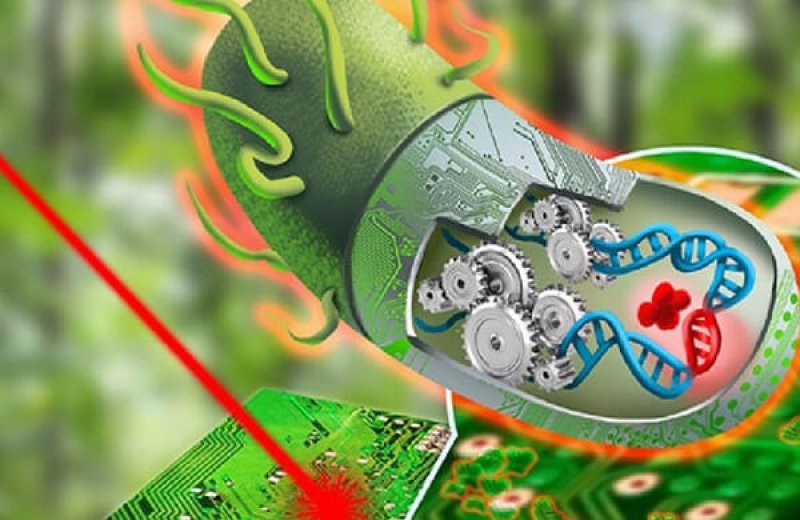ASTM International is the global leader in voluntary technical standards. If you’ve ever worn a bicycle helmet, for example, you’ve probably seen the ASTM label on the back …. The standards ASTM members develop are intended to enhance the safety of and improve the quality of consumer and industrial products.
[Editor’s note: On July 23, ASTM International’s industrial biotechnology committee (E62) approved a new standard that will help classify microorganisms.]

At first thought, microbes may seem an odd nomination for an ASTM standard. But considering the pace of growth experienced by the industrial biotechnology industry, which serves a wide range of industries from food and beverage to fine chemicals and materials, we should perhaps be more surprised that ASTM standards for industrial microbes haven’t been called for sooner.
…
We recently caught up with DuPont Senior Principal Scientist and ASTM E62 Vice-chair Joseph McAuliffe, also a member of the standards working group, to discuss the new classification standard, what it means for consumers, and why synthetic biology companies should care ….
Synbiobeta: Why should synthetic biology companies care about a clear classification system for industrial microbes?
McAuliffe: There are two main reasons. The status quo (i.e., “GMO or not”) is too simplistic and fails to capture the diversity of products that are close to market or already commercialized. This has in turn created regulatory and customer perception hurdles ….
Read full, original article: GMO doesn’t cut it: Why synthetic biology needs a good standard for industrial microbes































